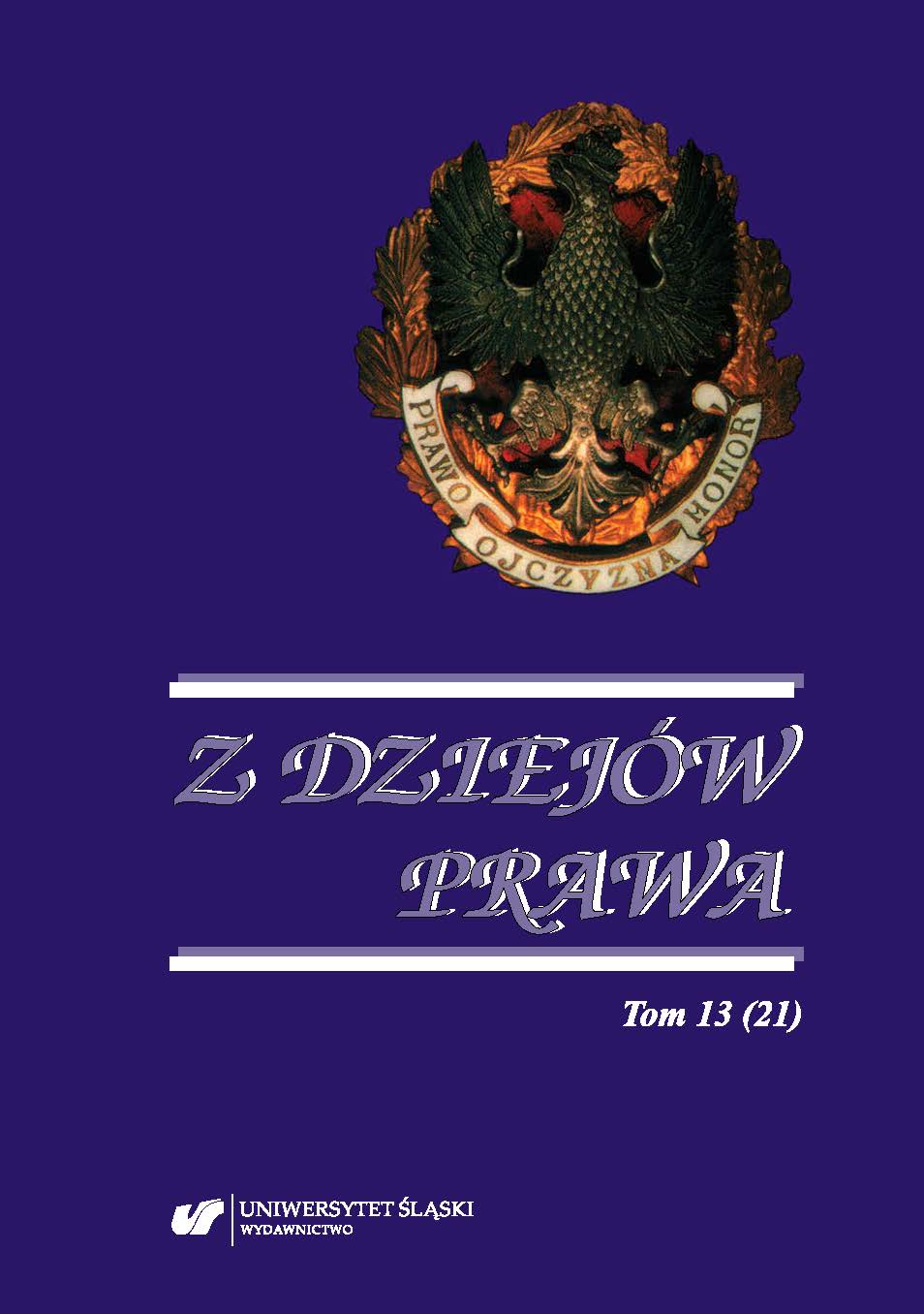„Quod illicite (…) exactum est”… And what if the duty was wrongly paid? Accountability of tax collectors in classical Roman Law
„Quod illicite (…) exactum est”… And what if the duty was wrongly paid? Accountability of tax collectors in classical Roman Law
Author(s): Anna Pikulska-RadomskaSubject(s): Law, Constitution, Jurisprudence
Published by: Wydawnictwo Uniwersytetu Śląskiego
Keywords: portorium; vectigal; publicani; comissum;Roman Law;
Summary/Abstract: Persons crossing the border between duty districts — traders, professional smugglers and regular travelers alike — tried to avoid paying duties collected in such places all along. There were different ways to avoid paying the portorium: travelers either tried to conceal the real nature of the commodities they were carrying, or attempted to transport the goods they carried without declaring them, or tried to cross the customs border without actually passing through the levy collection point. Meanwhile, the collectors frequently abused their powers by extorting payments that were not due altogether or by collecting payments that were too high. Sources provide numerous evidence of such practices. A collector receiving a payment that was not due or that was too high ran the risk of having to pay back at least double the amount received. Respective imperial regulations leave no doubt in this regard. However, what about the commodity that was forfeited, if the process took too long?
Journal: Z Dziejów Prawa
- Issue Year: 21/2020
- Issue No: 13
- Page Range: 37-46
- Page Count: 10
- Language: English

